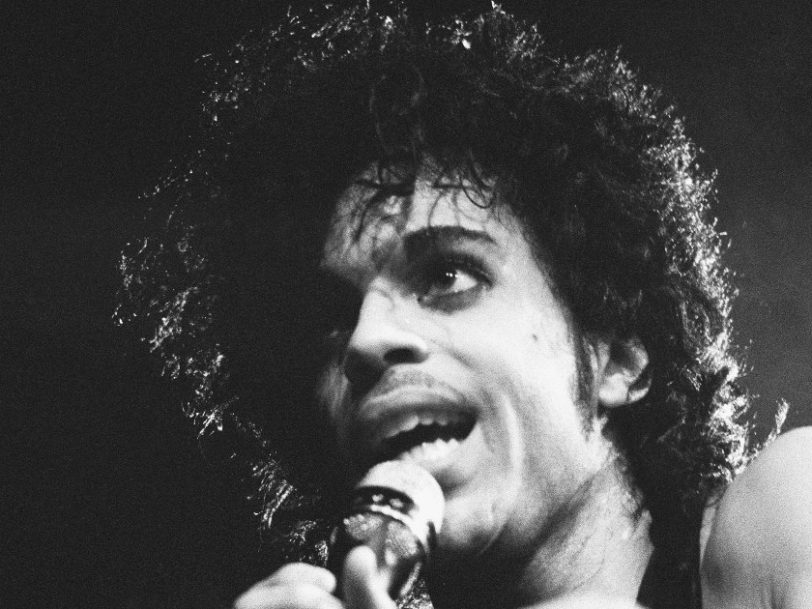Prince had only just turned 19 when he signed with Warner Bros, in the summer of 1977, but he was already something of a legend in his Minneapolis hometown. Future Prince guitarist Dez Dickerson later recalled local musicians having “hushed conversations about… the next Stevie Wonder”, and, after securing his charge’s place on Warners’ roster, Prince’s then manager, Owen Husney, declared the deal the largest ever for an unproven artist. Now committed to delivering three records – each of which would mark the rapid development of his artistic vision – Prince set about recording his debut album, For You, across a gruelling few months that would leave him a self-described “physical wreck”, but which would also serve notice that a landmark talent had arrived.
Listen to ‘For You’ here.
“You have to play like it’s your only shot”
In an unprecedented move, Prince had insisted he be allowed to produce the album himself. Having already learned to use studio equipment in Minneapolis’ Moon Sound and Sound 80 facilities, he knew how to capture his music the way he wanted. When Warner Bros suggested that Earth, Wind & Fire’s Maurice White oversee the For You sessions, Prince refused to be burdened with a disco style he felt was on its way out.
“They – the people in power – tried to put me in with what was the happening sound, the few cats on top,” he later recalled for Ebony in 1986, by which point albums such as 1999 and Purple Rain had proven Prince was more than capable of creating a world-conquering sound of his own. “I wanted to get away from that.” After recording one of his new songs, Just As Long As We’re Together, from scratch in the studio, as Warners execs took surreptitious peeks at how their new signing handled himself, the label came to a compromise: Prince could produce the record, but experienced producer Tommy Vicari (Billy Preston, Patrice Rushen) would be on hand in case any problems arose.




